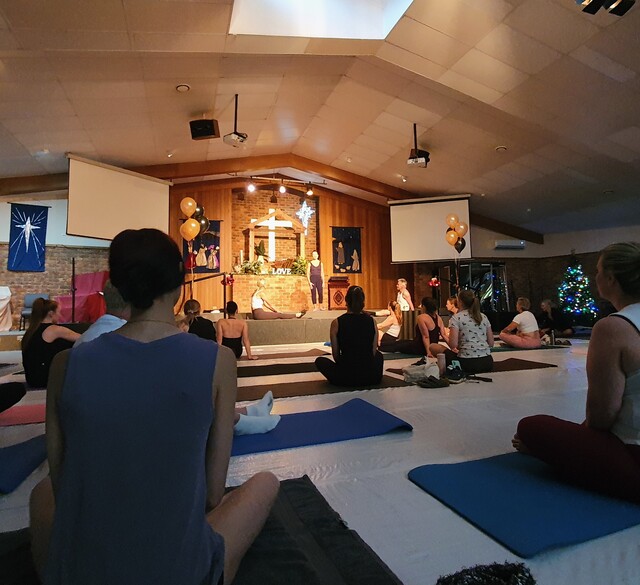By Kath Gannaway
GOVERNMENT and big business have been painted as the bad guys in the ongoing debate on the logging of water catchments.
At a meeting in Warburton organised by The Wilderness Society (TWS) and The Central Highlands Alliance (TCHA), 150 people heard a call for the scrapping of the Regional Forest Agreement which allows for the logging of areas such as the Armstrong Catchment and Cement Creek Catchment.
Speakers included Sara Rees of TCHA, Victorian Forest Campaigner with TWS Luke Chamberlain, and Shire of Yarra Ranges councillor and deputy mayor Samantha Dunn.
Victorian manager of Timber Communities Australia, Scott Gentle, represented the timber industry, among a minority of local timber industry people.
They argued against the tide of opinion on the night that the industry was not only legal, under the agreement, but was sustainable in its present form.
Mr Chamberlain called on the people at the coalface of the timber industry to work with environment groups to get rid of the agreement which he said resulted in huge quantities of native timber being turned into wood chips to swell the profits of pulp and paper companies.
“If you go to companies such as Australian Paper and ask if they would be willing to pull out of the agreement they say they are bound by the government. If you go to the government, they say they are bound by agreements to the companies.
“It’s near impossible to drive a wedge in the agreement,” he said.
Mr Chamberlain said the meeting had been called in response to concerns of the local community about the increased logging activity in the region.
“People want to know what they can do about what they see as a huge environmental problem in their own backyard,” he said.
“We got an unprecedented amount of emails and phone calls from local residents who voiced their concern about what is going on behind locked gates in the Armstrong Catchment.
“There is also concern with the Cement Creek bridge being upgraded that logging will be starting there soon,” he said.
Mr Chamberlain said the current cutting of large areas of timber for fire breaks was also seen as an issue.
Resident Sue Mann said more logging trucks were going through Warburton than she had seen in the 30 years she had lived in the town.
She questioned the rationale which she said protected jobs above the environment.
“For a long time I’ve heard about loggers as though they are a protected species,” she said. “Other people just don’t get kept in jobs which have long lost their purpose.”
Mr Chamberlain however said the meeting also showed there was a desire for people to work together.
“It was made clear in the meeting that while we are using the forest as a wood chip and pulpwood resource nobody wins. We believe the win-win would be to remove wood chipping from native forest allowing the high value added logging to continue and this would allow both protection of high conservation forest and protect jobs.
“At the moment, we have neither,” he said.
There was also however recognition of the role the industry has traditionally played in the region and concern for the growing conflict in the community.
A number of people asked questions of Mr Gentle and listened to the responses from a local logging contractor who defended the sustainability of the industry and disputed claims that the majority of timber went to wood chipping.
Mr Chamberlain said the meeting had alerted residents to the State Government’s Wood and Water report which will soon be made available for public comment.
“The report weighs up the costs and benefits of clear-fell logging, mainly for wood pulp, and is a valuable forum for people to talk about the issues,” he said.
Timber log jam!
Digital Editions
-

Santa’s phone number leaked
Telstra has leaked one big phone number, and kids are running to Telstra’s public phones to make some very important calls before Christmas. Santa Claus…





